yen

The U.S. dollar fell to a three-month low against the euro and dropped to its weakest against the Japanese yen since early January.
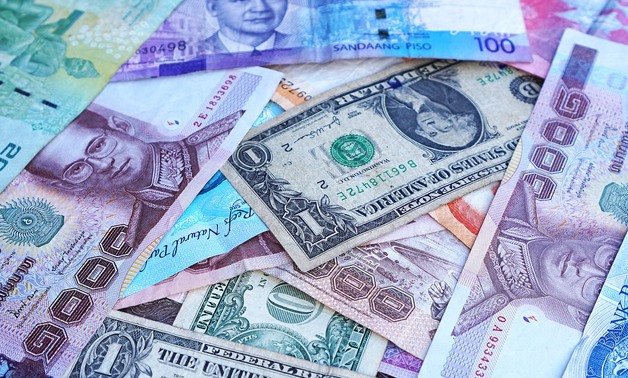
The Australian dollar was the surprise loser after Australia’s central bank left the door ajar for a possible cut in interest rates.

The euro was also a beneficiary from the weaker dollar, adding 0.2 percent to $1.1347.

In offshore markets, the yuan rose 0.4 percent to as strong as 6.7195, its best level since Feb. 1.
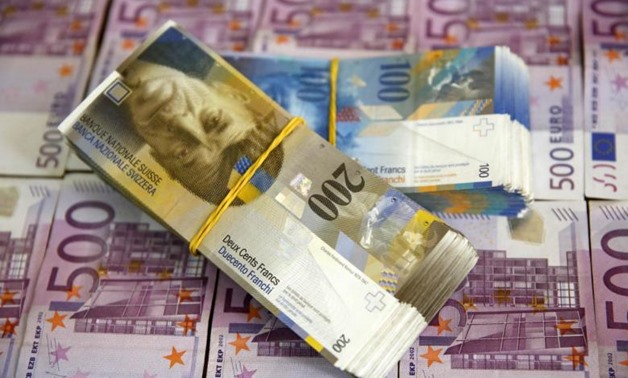
Prime Minister Theresa May’s government faced the vote on Wednesday after the crushing defeat of her Brexit divorce deal by parliament left Britain’s exit from the European Union in disarray just 10 weeks before it is due to leave.
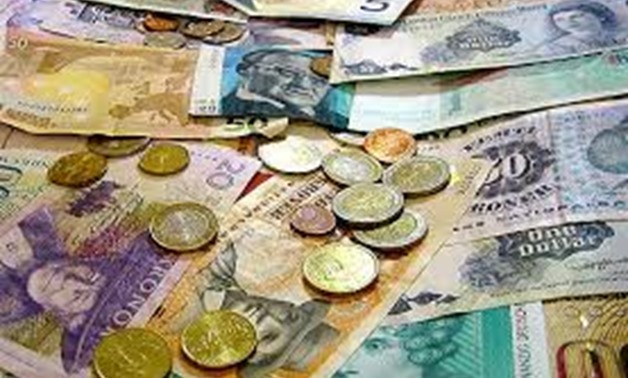
The data took its toll on the Australian dollar and New Zealand dollar, which both fell more than 0.4 percent.

In a sharp bounce from bear market territory, the Dow Jones Industrial Average rocketed more than 1,000 points for the first time on Wednesday, while U.S. 10-year yields rallied around 8 basis points to end at 2.8 percent.
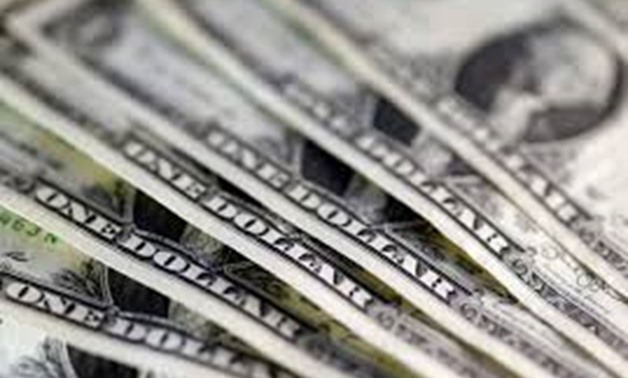
The dollar fell 0.39 percent to 110.00 yen, its lowest level since late August and is set to fall for an eighth straight session against the Japanese currency, with London and New York shut for Christmas.

The prospect of a “dovish rate hike” is keeping the dollar - this year’s best performing major currency - in check.
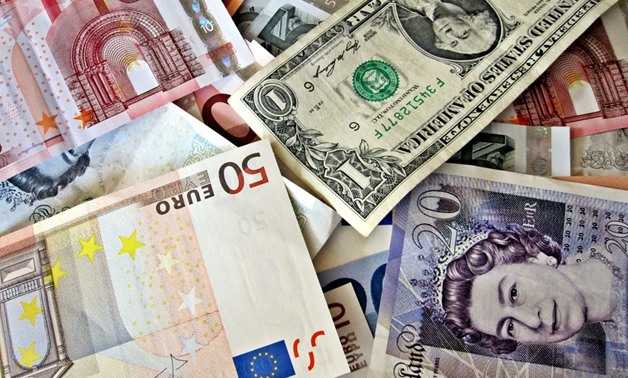
The dollar has been under pressure recently over concern about a possible U.S. recession and an inversion in part of the Treasury yield curve.

“I don’t think it’s a huge political risk, but it does tell you that political risks in Europe are not going away,” said Alvin Tan, a currencies analyst at Societe Generale.
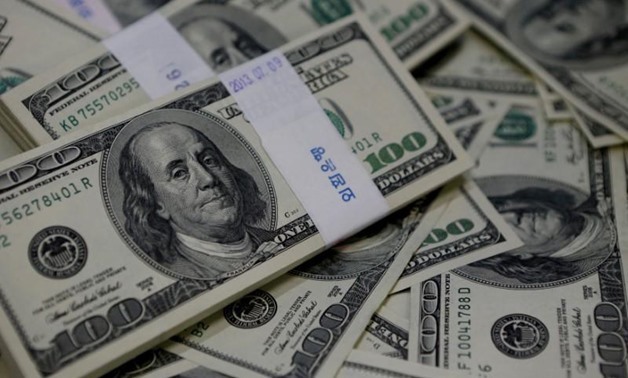
The U.S. currency slipped against the Japanese yen, the Australian dollar and the New Zealand dollar.

Traders also noted that U.S. macro economic data has remained strong so far despite trade disputes since early this year.
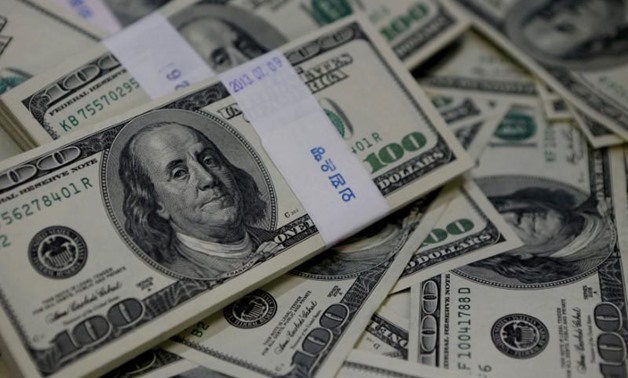
Against the yen, the dollar rose to its highest since July 20 at 112.42 yen after the Bank of Japan left interest rates unchanged.
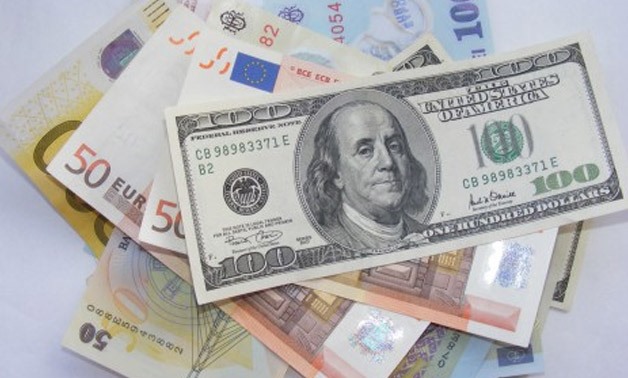
Trump on Friday had notified Congress of his intent to sign a bilateral deal with Mexico after talks between Washington and Ottawa soured.

Against a basket of its rivals, the dollar hit its lowest level since Aug. 2 at 94.68 in early Asian trades before consolidating its losses.

Elsewhere in the currency market, the New Zealand dollar slid as its central bank staked out a dovish policy.
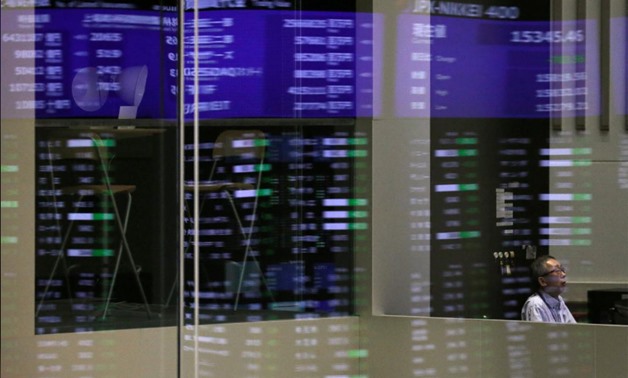
U.S. equities now stand less than half a percent off record highs hit in January, testifying to the strength of the world’s biggest economy and corporate sector.

The euro fell to a one-week low as the dollar gained in early European trading.
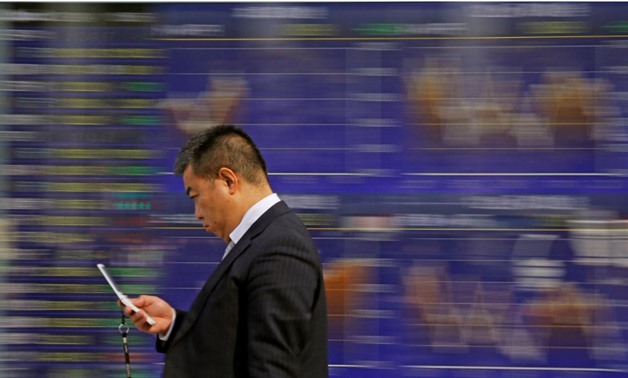
The dollar was off a three-week high as investors cashed in on gains the currency made after U.S. Federal Reserve Chairman Jerome Powell’s two-day testimony reinforced a strong economic outlook.